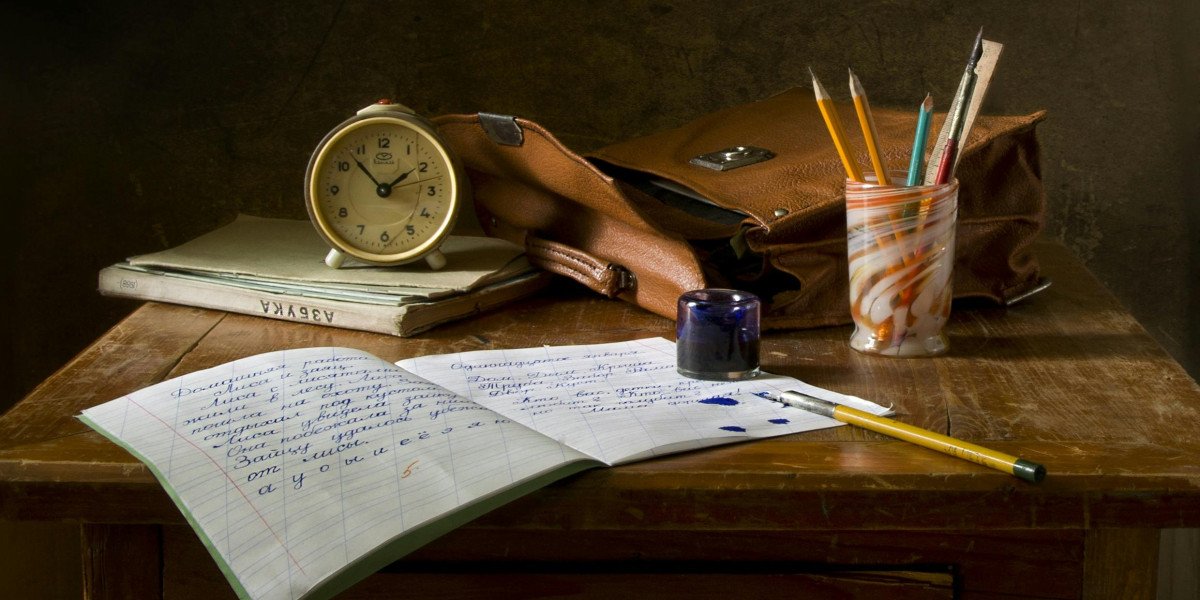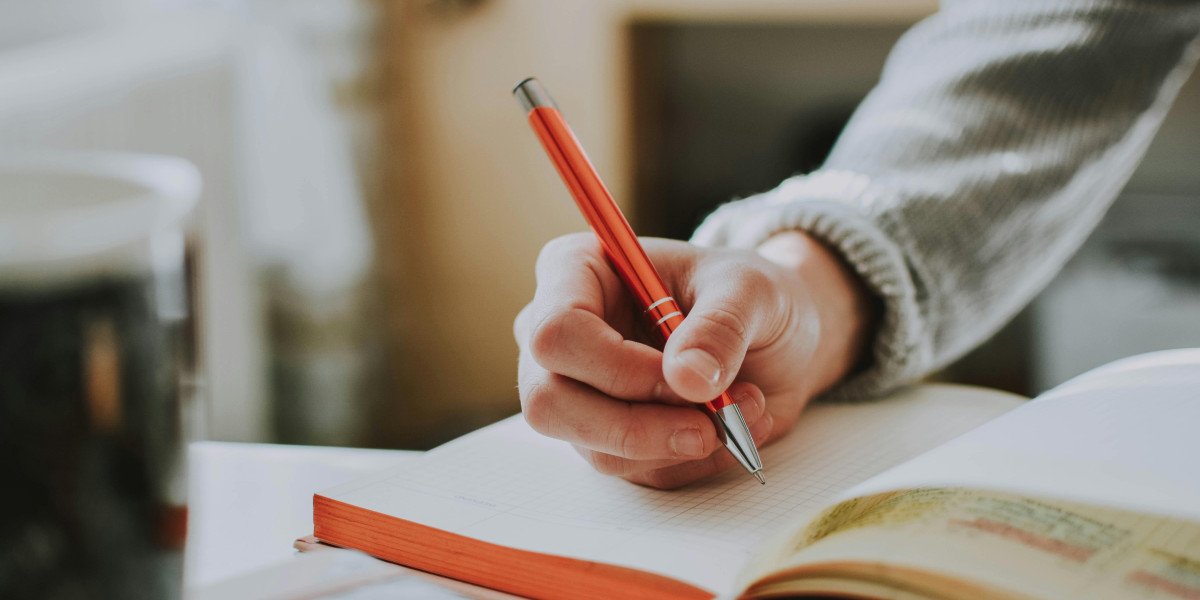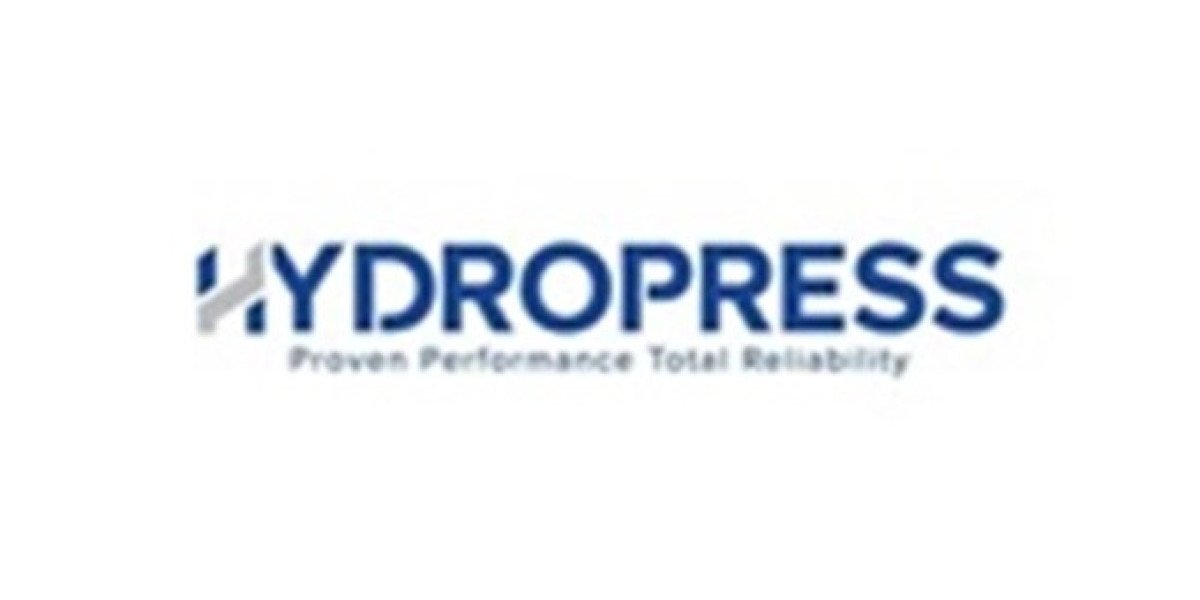Blue macaws, with their striking beauty and charismatic personalities, have long captured the hearts of bird enthusiasts around the world. These large, vibrant parrots are known for their brilliant blue plumage, strong beaks, and the ability to mimic human speech. However, owning a blue macaw is not just a matter of admiration; it comes with significant financial and ethical considerations. This article delves into the factors that influence the cost of blue macaws and provides insight into the broader context of the exotic bird market.
Types of Blue Macaws
Before discussing the cost, it's important to understand the different types of blue macaws. The term "blue macaw" typically refers to several species, including:
- Hyacinth Macaw (Anodorhynchus hyacinthinus): The largest of all macaws, known for its deep cobalt blue feathers and impressive size.
- ** Lear's Macaw (Anodorhynchus leari)**: A critically endangered species with a similar appearance to the Hyacinth Macaw but slightly smaller.
- Blue-and-Yellow Macaw (Ara ararauna): Also known as the Blue-and-Gold Macaw, this species is more common and less expensive than the Hyacinth and Lear's Macaws.
- Military Macaw (Ara militaris): Although not entirely blue, it has a significant blue coloration and is sometimes referred to as a blue macaw.
Factors Influencing Cost
The cost of a blue macaw can vary widely depending on several factors:
- Species: The Hyacinth Macaw is the most expensive, often costing between £12,000 to £14,000, due to its size, rarity, and the complexity of breeding. The Blue-and-Yellow Macaw is more affordable, typically ranging from £2,000 to £5,000.
- Age and Origin: Younger, hand-reared macaws are often more expensive because they are easier to train and bond with humans. Wild-caught macaws are generally not available for sale due to international conservation laws, but captive-bred birds are the norm.
- Breeders and Location: Reputable breeders who prioritize the health and well-being of their birds often charge more. Additionally, the cost can vary by location, with prices typically higher in urban areas and buy-Macaw.com regions with strict regulations.
- Health and Certifications: Birds that come with health guarantees and certifications from veterinarians or recognized organizations can be more expensive. These certifications ensure that the bird is free from diseases and has been well-cared for.
- Market Demand: Like any commodity, the demand for blue macaws can affect their price. Species that are more popular or rarer tend to command higher prices.
Ethical Considerations
While the allure of owning a blue macaw is undeniable, it's crucial to consider the ethical implications. Many blue macaw species are endangered or threatened due to habitat loss and illegal pet trade. Purchasing a blue macaw from a reputable breeder who adheres to ethical standards is essential to avoid contributing to the decline of these species in the wild.

Ongoing Costs
The initial purchase price is just the beginning. Owning a blue macaw involves ongoing expenses, including:
- Cage and Housing: Macaws require large, sturdy cages that can cost several hundred to a few thousand dollars. They also need a safe and stimulating environment with perches, toys, and space to fly.
- Diet: Blue macaws have a specialized diet that includes a variety of fruits, vegetables, and pellets. High-quality food can be expensive, and it's important to ensure they receive a balanced and nutritious diet.
- Veterinary Care: Regular check-ups, vaccinations, and emergency care are essential. Avian veterinarians can be more expensive than general veterinarians.
- Training and Enrichment: Macaws are intelligent and need mental stimulation. Training and enrichment activities, such as interactive toys and training sessions, can add to the cost.
Blue macaws are a significant financial investment, with prices ranging from £2,000 for a Blue-and-Yellow Macaw to over £14,000 for a Hyacinth Macaw. However, the cost extends beyond the initial purchase, encompassing ongoing expenses for housing, diet, veterinary care, and enrichment. Ethical considerations are also paramount, as the exotic pet trade can have detrimental effects on wild populations. For those who are prepared to meet the financial and care requirements, owning a blue macaw can be a rewarding experience. For others, exploring alternative ways to appreciate these magnificent birds, such as supporting conservation efforts, might be a more responsible choice.






